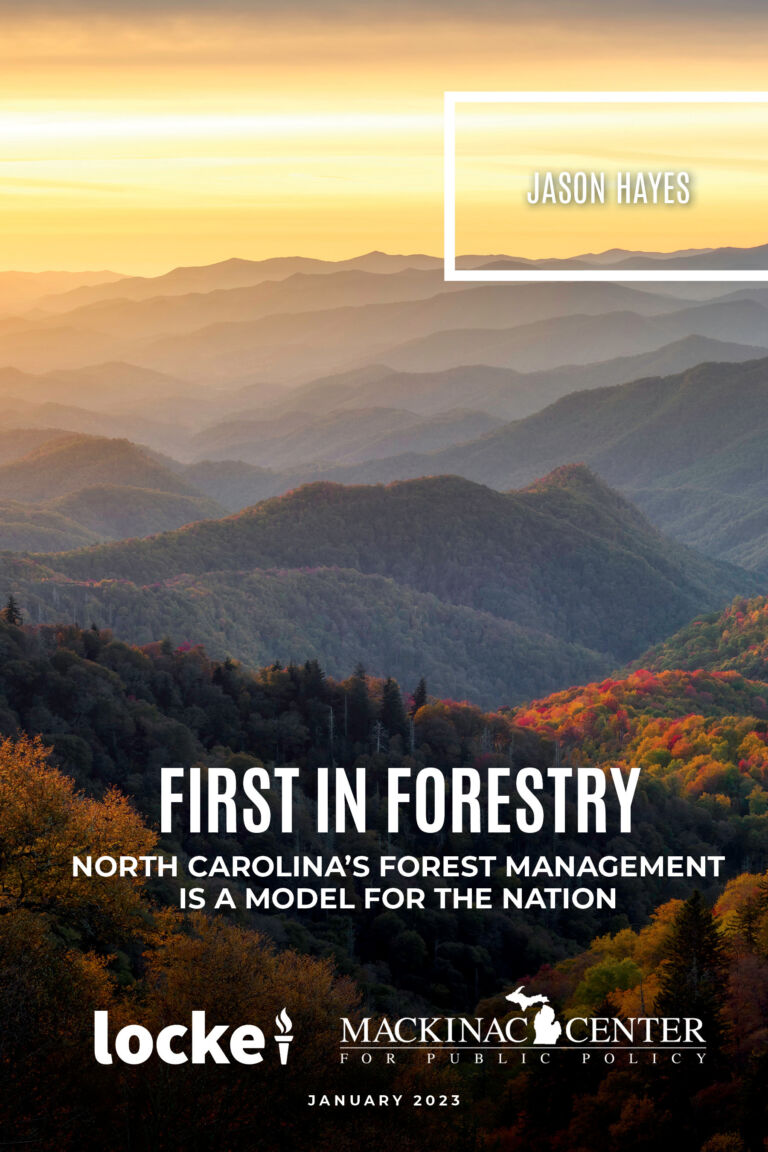As “the birthplace of American Forestry,” North Carolina is often recognized for its early role in establishing research-backed forest management techniques, and it continues to offer a refreshing perspective. The state’s land administrators clearly understand that proper forest management requires something other than simplistic prescriptions for preservation and restrictions on all but non-motorized recreation. Discussions with state and federal agencies, private industry, and elected officials across North Carolina reveals an appreciation of the value of mixing active harvesting and the production of wood products, controlled burns, spacing and thinning operations, conservation, outdoor recreation, heritage values, and wilderness protection on North Carolina’s public lands.
State and federal forest managers recognized in the past that these many and varied activities played an essential role in managing both a healthy and viable economy and natural areas of the Tar Heel State. Now, these activities remain an essential aspect of economic stability and forest management today and will continue to be important well into the future.



